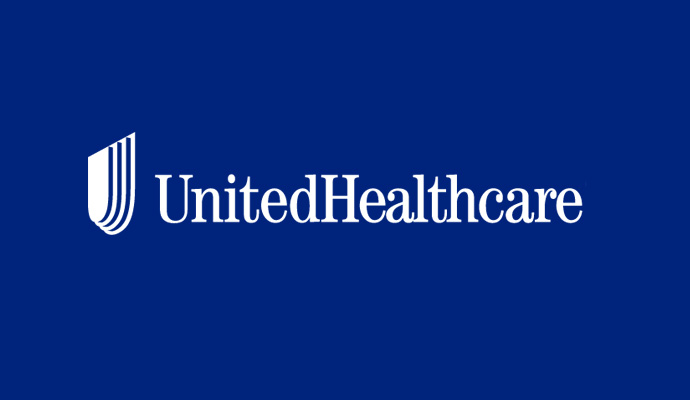UHG Makes $25M Social Determinants of Health Donation To Housing Fund
The donation will support mixed-income housing development in accessible locations to address social determinants of health needs in Massachusetts.

Source: UnitedHealthcare Logo
- UnitedHealth Group has dedicated $25 million toward a fund that will bolster development projects for mixed-income housing to address social determinants of health in New England.
The fund is called the Healthy Neighborhoods Equity Fund II. Conservation Law Foundation and Massachusetts Housing Investment Corporation (MHIC) started the fund.
“For too long, low-income communities have been excluded from investments in healthy and sustainable housing and small businesses,” said Gina Foote, director of impact investment at Conservation Law Foundation.
“With help from UnitedHealth Group and the Healthy Neighborhoods Equity Fund, that’s finally beginning to change. This investment will lead to more vibrant and inclusive neighborhoods across southern New England.”
The Healthy Neighborhoods Equity Fund II has three upcoming projects to build a total of 102 mixed-income homes in the communities of Brockton, Dorchester, and Hamilton, Massachusetts.
Almost a quarter of the development (24 percent) will be affordable housing at 80 percent of the area median income or below. Another quarter of the housing will be deed-restricted, a method meant to ensure long-term affordability.
In addition to these housing spaces, the fund will develop retail spaces to help serve the communities’ needs. The new housing developments will also have easy access to public transportation.
Healthy Neighborhoods Equity Fund II uses the Conservation Law Foundation’s HealthScore Metrics tool to assess social determinants of health and sustainability concerns. The HealthScore Metrics tool was designed to help reverse segregation and disinvestment, improve economic and housing stability, and support a healthy climate.
“We’re honored to partner with Conservation Law Foundation and Massachusetts Housing Investment Corporation in this mission to bring additional affordable housing to New England communities,” Andy McMahon, vice president of community engagement and investment at UnitedHealthcare Community & State, a UnitedHealth Group business, said in the press release.
“UnitedHealth Group recognizes that access to affordable housing improves community health outcomes and helps people live healthier lives. Partnerships like this one are crucial to our work to improve overall health outcomes in the communities we serve by addressing the most basic needs of individuals first.”
The goal of Healthy Neighborhoods Equity Fund II is to enable the development of more than 1,000 homes. While the project that UnitedHealth Group is funding serves communities in Massachusetts, the Healthy Neighborhoods Equity Fund II also invests in communities across Connecticut and Rhode Island.
“The fund is key to neighborhood revitalization, investing in properties that are close to transportation and provide access to employment but are also walkable and near open space,” said Joe Flatley, MHIC’s president and chief executive officer.
This financial contribution expands on UnitedHealth Group’s previous investments in affordable housing, totaling $630 million, and pushes the payer towards its goal of investing a total of $800 million toward this cause by the end of 2022.
While many payers partner with other organizations to address housing instability as a social determinant of health, some payers pursue solutions by developing tools to help assess the level of needs. For example, Blue Cross Blue Shield of Rhode Island launched its Rhode Island Life Index in order to understand community and individual wellness in the state and identify social determinants of health barriers.
Other payers have taken steps to serve those who do not have housing by developing or financially supporting street medicine programs.
Housing instability is one of the five core domains of social determinants of health needs for which CMS screens, alongside food insecurity, transportation barriers, utility access, and interpersonal violence.
